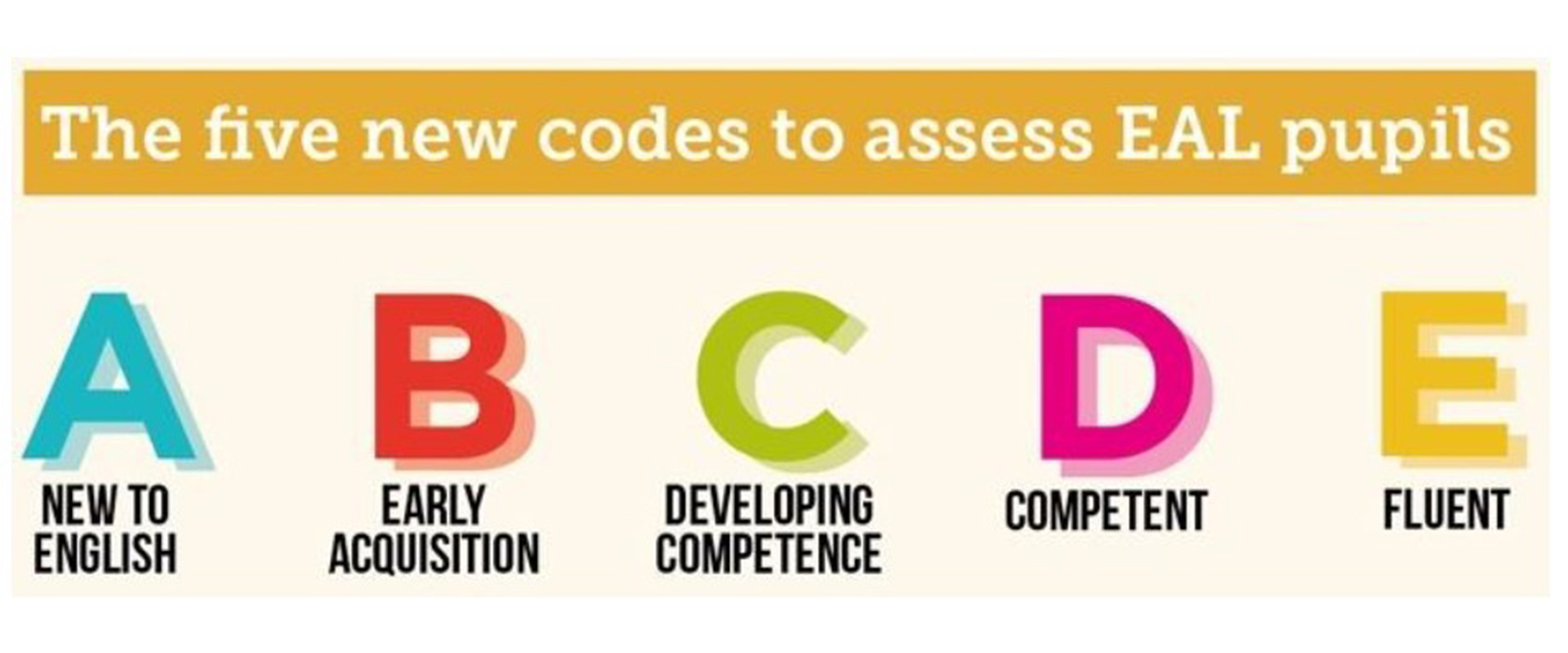In September 2018, in response to a clear need to further support some students to access their learning even more effectively, Diyafah International School opened our EAL Department. The Department is currently staffed with two fully trained and experienced EAL teachers and an EAL Learning Support Assistant.
Head Of Department: Trudian Pryce
Mission and Vision
The EAL Department aims to develop students’ English Language skills so that they achieve academically, participate globally and succeed in an ever-changing, diverse society. At Diyafah International School we recognise and appreciate that each student is unique. We warmly welcome students from a range of cultural, ethical and linguistic backgrounds.
Having a truly international profile of students provides real opportunities for educational breadth, growth and global awareness. It also provides a learning environment where pupils develop the knowledge and skills required to become 21st century learners enabling them to develop personally, work collaboratively and succeed academically.
Teaching & Learning: An Inclusive Approach
- We offer support in preparing our EAL students for their internal and external assessments.
- Lesson content is broken down into smaller steps and includes graphic organisers and other activities which allow the students to better understand each activity.
- Examination skills, including skimming and scanning text, reading for implicit and explicit information, finding relevant phrases, to name a few, are consistently taught and rehearsed to ensure success at each stage.
- We build on students’ language skills by delivering a curriculum which is relevant to their culture and life experiences.
- A range of techniques are used to master students’ Basic Interpersonal Communication Skills (BICS) and Cognitive Academic Language Proficiencies (CALPS)
- Regular opportunities are given to develop pupils’ BICS through speaking and listening activities such as “talk buddies”, “convince me”, “role play” and “talking toms”.
- Students participate in intense vocabulary and spelling sessions to extend their vocabulary, allowing them to further access mainstream lesson content.
- We encourage the use of a bilingual dictionary to promote better understanding.
Identification & Support
All students who have been highlighted as EAL after initial assessments sit in an English language proficiency test. Our Primary and Secondary students also sit in a GL NGRT Reading Tests and English Progress Tests. The results of such assessments provide the EAL Department with insight into the level of support required for each student. Students are banded into the above waves of EAL (A – E) and relevant parents are then be notified that EAL support is further required for their child to more fully access the curriculum.
Levels of Support
-
Intensive Pull Out
This consists of weekly small group sessions with 2 or 3 students delivered in the EAL Department. These sessions complement the work which takes place in main English lessons. The intensive small group sessions focus on further developing students’ reading, writing, speaking and listening skills. Students in receipt of this level of support fall into Bands A or B on the EAL Scale above.
-
Regular Language Pull Out
These sessions occur fortnightly and they are designed to support students who are developing competence in the English language. They are in addition to their normal time-tabled English lessons. These students typically have prior knowledge of English, but their written English indicates grammatical inaccuracy. This support enables them to further access aspects of the English National Curriculum across a range of subjects. Students receiving this level of support fall into Band C on the EAL Scale.
-
In Class Support
At this level, the classroom teacher is primarily responsible for differentiating and supporting these students. However, the EAL Department offers support in terms of regular Professional Development sessions for classroom practitioners, enabling them to develop more effective teaching strategies and additional resources. This, in turn, directly benefits all EAL students within the classroom setting.
-
Regular Monitoring
All EAL students within Bands A-E have their progress monitored by both the EAL Department and classroom teachers. As and when the monitoring suggests further intervention is required in a particular area, then steps are taken to make that happen and address the specific need.
Monitoring
We use a range of programmes from EYFS to Secondary to give each pupil the best opportunity to achieve their full potential. Programmes include Read Write Inc, Our World, Close-Up. Students are assessed using GL Assessments in Reading at the beginning of each academic year. This provides evidence of each student’s learning journey and progress.
Cambridge English as a Second Language Programme of Study is taught to selected secondary students studying IGCSE English in Year 10. These students are assessed termly using the Cambridge International Examination assessment guides.
The Read Write Inc Assessment Programme is carried out every six weeks on all selected students by the EAL Department. Further ongoing continuous assessments through our Phonics and Literacy programmes are carried out by the classroom teacher. These assess reading, writing, comprehension, vocabulary, spelling and grammar. This informs the class teacher’s planning enabling them to work with the EAL Department in setting SMART targets for students.
Formal EAL assessments take place at the end of each term and the results are reported to parents.
How Parents Can Help
- Encourage your child to learn the English key words for the topic they are studying in a range of subjects - Mathematics, Science, History, Geography as well as English.
- Reading for 30 minutes each evening increases a child’s vocabulary and their ability to use this vocabulary in context.
- Listen to your child read a chapter or story and ask questions to check his or her comprehension.
- After studying a topic, use the specific textbook to test your child’s knowledge.
- Providing an English/Arabic dictionary will help your child look up and translate English words.
- Encourage your child to speak English at home.
Wish to know more about English as Additional Language at Diyafah International School? Contact the EAL Department here.

